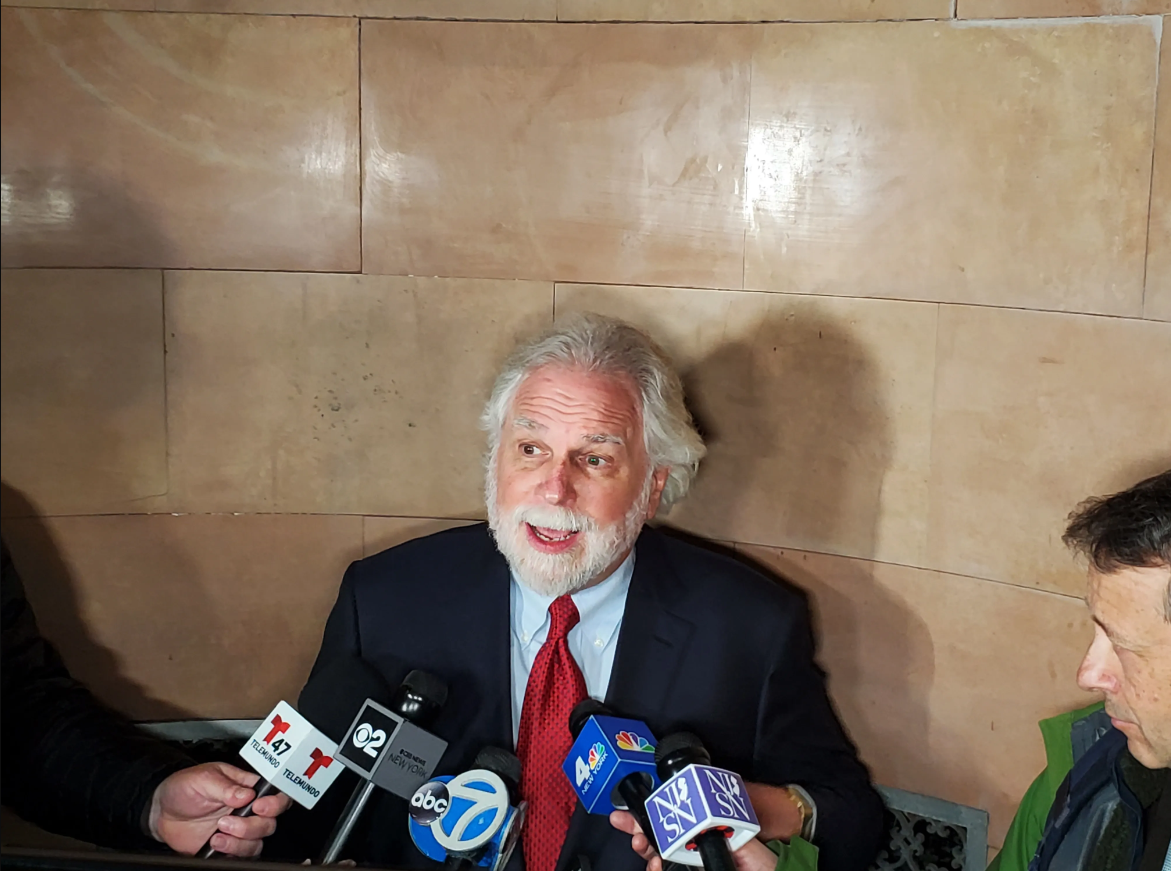 Roger Ebert and Gene Siskel are seen in their preferred movie seats and movie moods in the Ebert doc “Life Itself.”
Roger Ebert and Gene Siskel are seen in their preferred movie seats and movie moods in the Ebert doc “Life Itself.”
Credit: Magnolia Pictures
‘Life Itself’
Director: Steve James
Genre: Documentary
Rating: R
4 (out of 5) Globes
How does one review a film about the most famous film critic of all? The task would be harder if it wasn’t very good. “Life Itself” is a documentary both about the late Roger Ebert and his last months before his passing last spring. It’s not mere hagiography, though it is a celebration of his life, which is to say it doesn’t shy away from his lows. In fact, like Ebert’s prolific writing, it connects its tale to universal truths. As promised by its title, it’s a downright cosmic look at existence, even as it stays strictly personal.
The title, of course, comes from Ebert’s memoir, as does much of its information and its narration. In fact, the narration may be the most moving part of the film. It’s a form of movie magic that has Ebert read passages from the book — which of course he doesn’t actually, as the book was written after cancer had taken away his ability to speak in that reassuring Chicago twang. It’s an impersonator, but one so spot-on that the effect is spooky, as though his voice too had come back from the dead.
 Roger Ebert is seen in his younger days in one of many pictures seen throughout the doc “Life Itself.”
Roger Ebert is seen in his younger days in one of many pictures seen throughout the doc “Life Itself.”
Credit: Magnolia Pictures
And so Ebert’s whole life is reanimated before our eyes. It delves right into his darkest period: the ’70s, when he would wrap up the day’s writing (done at a quicksilver pace, and at a typewriter, no less) then head off for all-nighters. This period is still shown as fun — the kind of freewheeling life-living that eventually becomes an existential drag. Much more fulfilling is his marriage, at 50, to Chaz, whom he credited with saving him from a future alone.
Gene Siskel too gets his due, and it’s deserved. Siskel is often seen as second fiddle to the more esoteric Ebert, but his sharpness and wit become newly evident, and he seems a complicated figure when it’s revealed he hid his terminal illness even from his longtime TV co-star. (It’s worth noting the funniest part of the film may be photos of the once-carousing Siskel hanging at the Playboy Mansion.)
The director is Steve James, who arguably owes his career to Ebert (and Siskel), for it was they who became the loudest cheerleaders 20 years ago for his epic documentary “Hoop Dreams.” James is a filmmaker, not a critic, which explains why it doesn’t pry as much as it should into the topic of criticism. He does invite a few naysayers, including Jonathan Rosenbaum, to naysay and doesn’t particularly paint such accusations as wrong. It could deal more with the accusation that Siskel and Ebert’s show killed criticism (or whether it blossomed it by putting it on television screens), or with that the profession seems to be in itslast gasp, as far as giving those who practice it a living. That is, however, a movie unto itself.
James is working in a different register than he does usually, but he gets a lot out of toggling between straight-up exposition about Ebert’s life and hanging with he and his wife Chaz as they prepare for the worst, yet with a calm that’s weirdly soothing. You observe as a materialist — who fully expected to return to the nothing from which he came — grapples with the very real notion that his consciousness will soon disappear. “Life Itself” preserves a form of him in the medium that dominated his life, but it does more than that: In its own movie love and view of one man’s vast, dynamic life, it becomes about us all. As such, it will make you cry like a little baby.
Follow Matt Prigge on Twitter @mattprigge
















